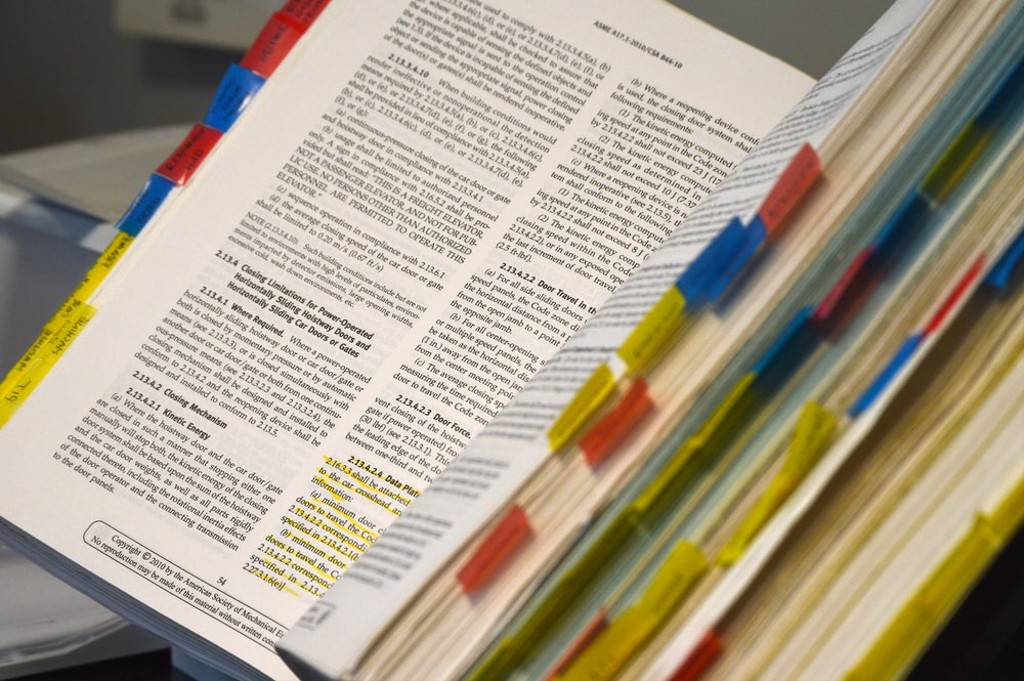New projects and campaigns are fun, mostly because they’re new. But as with any project, there are core elements that are essential for the successful execution of a public relations campaign.
Let’s talk more about these key elements.
RESEARCH
Research is the foundation for your campaign. It shows why you are undertaking this project and helps determine the best tactics to use going forward.
There are four different types of research to consider in this phase of the campaign: primary, secondary, formal and informal. Usually, a piece of research will be a combination of approaches. For example, one piece of research you have may be primary formal while another may be secondary informal.
A primary piece of research would be an interview with a stakeholder or data from a PR survey, while secondary research would be a news article containing interviews with stakeholders or a television program featuring data from a survey.
Formal research would be a study, a public relations survey or a poll to collect data in a scientifically accurate way, while informal research would be asking a few people for their opinions or something that is mentioned during a conversation.
Not all campaigns will require multiple types of research thought; sometimes it’s just not possible or necessary. However, all campaigns begin with research to establish a strong reference base going forward.
PLANNING
You can’t do something big without planning for it first. Well, you can, but we wouldn’t recommend it.
The Planning phase is when you will set goals and objectives as well as decide on your strategies and tactics, such as Satellite Media Tours or Market Research for the public relations campaign. Don’t forget that objectives must be measurable. These will be the numbers and targets you aim for throughout your campaign and measure up against later in the Evaluation phase.
If your campaign includes the tactic of an announcement event, this phase means planning out invitations, determining event speakers, news media participation, equipment rentals, location rental and more. Smaller campaigns with no events involved may take less planning, but there will still be elements to deal with in advance such as client meetings, budgets, stakeholder involvement, etc.
Without proper planning, even the smallest campaigns can end up facing big problems.
EXECUTION
This one is pretty self-explanatory. You can’t have a campaign without executing it.
The Execution phase of a campaign encompasses anything you want to do within the campaign. This could be everything from executing a satellite media tour to holding a live event to distributing flyers and stickers and interfacing with journalists for media coverage.
Execution is the action of the public relations campaign. If we compared a campaign to running a marathon, looking at information about marathons on the internet would be the Research phase, signing up for and training for the marathon would be the Planning phase, and actually running the marathon would be the Execution phase.
EVALUATION
The first thing you do after a public relations campaign is completed should always be to evaluate how you did. This could mean looking at data and analytics or interviewing stakeholders. Evaluation helps us determine if we met or surpassed our objectives based on the established research done on the front-end.
For example, if you set an objective of gaining 1,000 new followers for your client’s Instagram account over the course of the campaign, you would measure the number of followers you gained against that objective.
Stakeholder interviews after an event could help you evaluate the effectiveness of that tactic for the campaign as well as learn if the event helped you to meet your objectives, such as a change in attitudes or opinions.
The Evaluation stage allows you and your clients to understand how effective both the overall campaign and the tactics employed performed. If the project is long, such as over a course of months or years, periodic evaluations throughout the campaign can help you to understand if it is on track to meet key performance indicators or objectives.
No matter the type of campaign, the Evaluation phase should always be used as a time to measure, analyze and learn.
Need help with your organization’s public relations campaign or tactics, like a satellite media tour or radio media tour? Contact us here.
